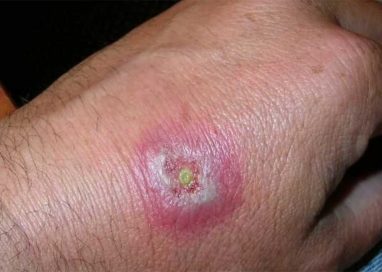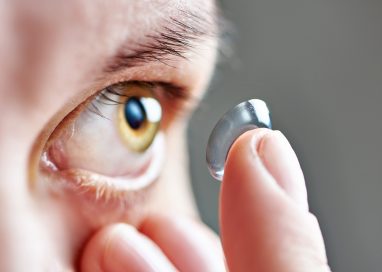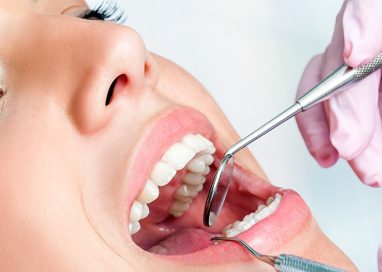Common Dental Problems for Kids and How to Address Them
Children are highly curious beings. They eat almost anything that looks edible — but are not. They climb on places and fall that can result in them breaking a tooth or more. Children also do not clean their teeth as well as adults do.
What are the common dental ailments among children?
Common problems for kids’ dental health are not foreign to adults. However, children’s teeth are still developing and are more susceptible to damage. ; Here are some common dental problems for children and how to address them:
- Tooth decay
In the United States, tooth decay is a common childhood condition that is considered chronic. The Centers for Disease Control and Prevention (CDC) found that 20 percent of children with ages ranging from five to 11 are with at least one tooth that is decayed or in the process of decay. In adolescents, 13 percent experienced a similar problem.
Tooth decay is caused by bacteria that live and thrive in a human being’s mouth. After some time, a stick buildup of bacteria, or plaque, accumulates. The plaque can produce acids when exposed to certain types of food. The acid will then tear at a tooth’s enamel or the hard shell of the teeth. This gradually causes tooth decay.
In children, the most common source of plaque growth includes juice, soda, cookies, and candies. Even for adults, the same is the case. A diet rich in carbohydrates coupled with a lack of consistency in brushing the teeth leads to the decay of the tooth. With how common and easy it is to get tooth decay; it is highly preventable. It can be prevented by brushing the teeth properly and regularly. Visits to a trusted pediatric dentist is also a good way to prevent it.
- Bad breath
Bad breath or halitosis is common to people of all ages. People commonly attribute bad breath to certain food they eat. The truth is, bad breath, especially in children, can indicate a more serious issue than certain smelly food. Like tooth decay, bad breath is caused by bacteria that live in the mouth. The live bacteria feed on leftover food, plaque, and fluid inside the mouth and while doing so, the bacteria produced hydrogen sulfate.
Hydrogen sulfate ultimately causes a bad smell. The best way to prevent bad breath or halitosis is proper dental hygiene — brushing the teeth with proper technique and consistency. The use of mouthwash can also reduce bad smell, coupled with properly brushing the tongue to get rid of bacteria.
- Thumb-sucking
A common childhood behavior is thumb-sucking. Some children develop this habit from the womb. Doing so is considered comforting and instinctive for young children. The problem lies in the effect of a child’s dental health. ; When their adult teeth begin to come out, the habit can disrupt the normal development of teeth. It can affect teeth alignment and the form of the mouth’s roof. Depending on the intensity of thumb-sucking, the weight of the effects can vary.
The best way to address this habit when they persist until children are past five is to see a dentist. They can provide professional advice on how to best deal with the damaging habit.
- Teeth grinding
Bruxism or teeth grinding is a common condition among children starting school. A reason behind a child developing bruxism is when the top set of their teeth are not aligned with the bottom set. It can also be a child’s way to respond to pain. The teeth grinding habit can fade when the child gets older but if the habit continues, it can eventually wear away a child’s teeth. This can cause muscular pain, dental pain, and sensitive teeth.
To address this problem, it is best to use a device such as a nightguard. They can help prevent children from grinding their teeth, especially at night. Consulting a dentist is also a big help because they can suggest the best way to treat bruxism.
- Dental anxiety
Indirectly related to oral health is a condition called “dental anxiety.” It is when children consider visits to the dentist an unpleasant experience, and they learn to avoid them. They also react negatively during visits. This case makes it difficult for both parents and dentists to maintain oral health among children. Untreated dental anxiety can lead to more serious dental problems that will require more serious dental procedures. For family dentists, this is a common case, and they are trained to deal with such issues.
A conclusion on children’s oral health
Children, to maintain ideal dental health, should be taught at an early age about how they should take care of their teeth. It may be difficult to prevent them from eating food that can cause damage to their teeth, but it should be a parent’s responsibility to limit intake.
Finding a trusted dentist that can take care of children’s oral health is a requirement for optimal oral health. A dentist that knows how to make oral health maintenance a good experience is extremely beneficial to children.





![What Increases the Chances of Insomnia [Safety Tips Inside] What Increases the Chances of Insomnia [Safety Tips Inside]](https://ch-img.com/wp-content/uploads/2019/05/health-batch-1-image-382x272.jpg)














